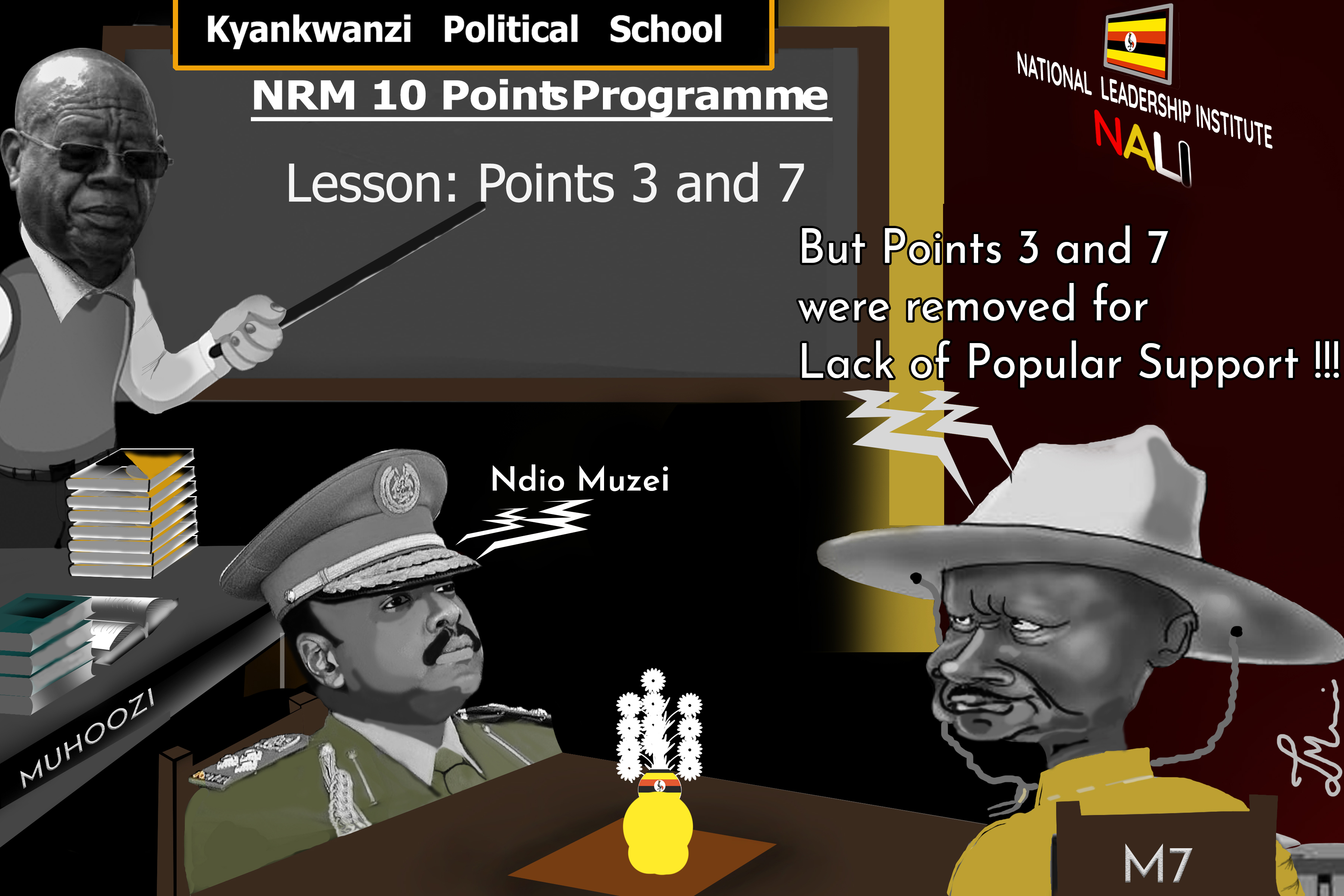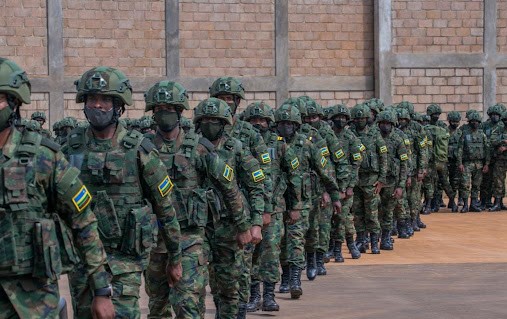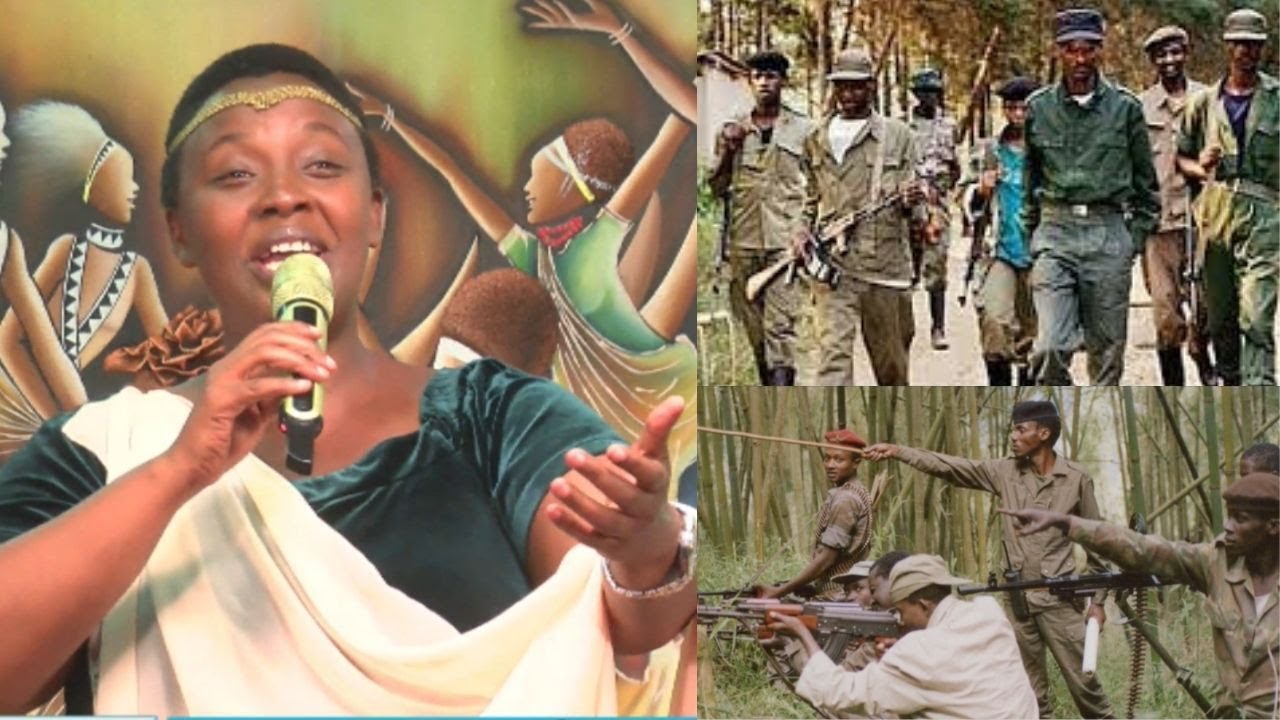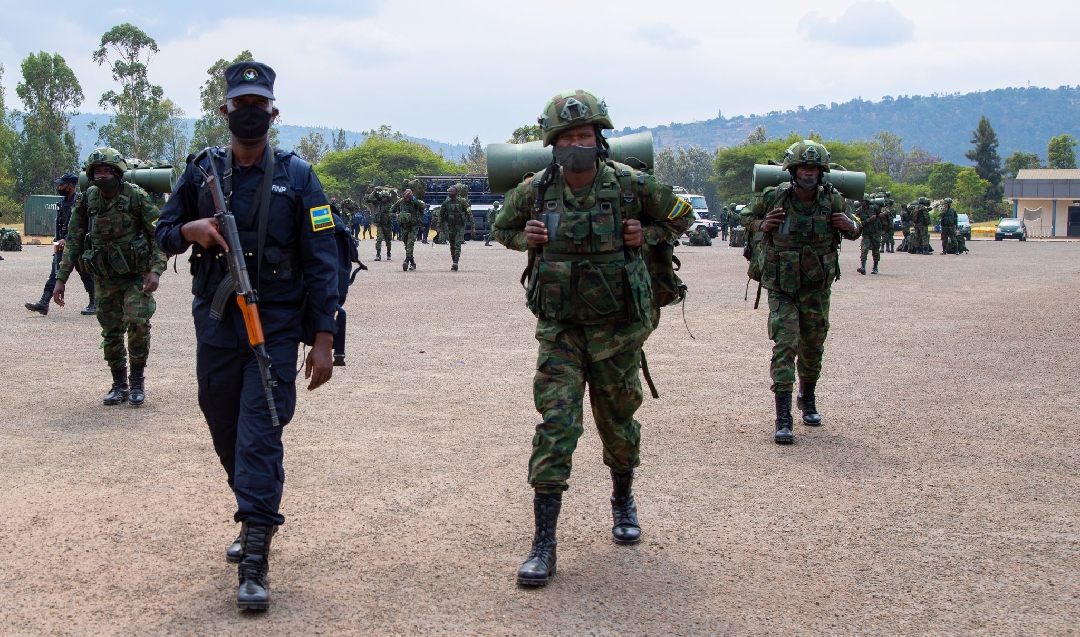Regional
How we can tap into the great potential of Rwandan youth abroad
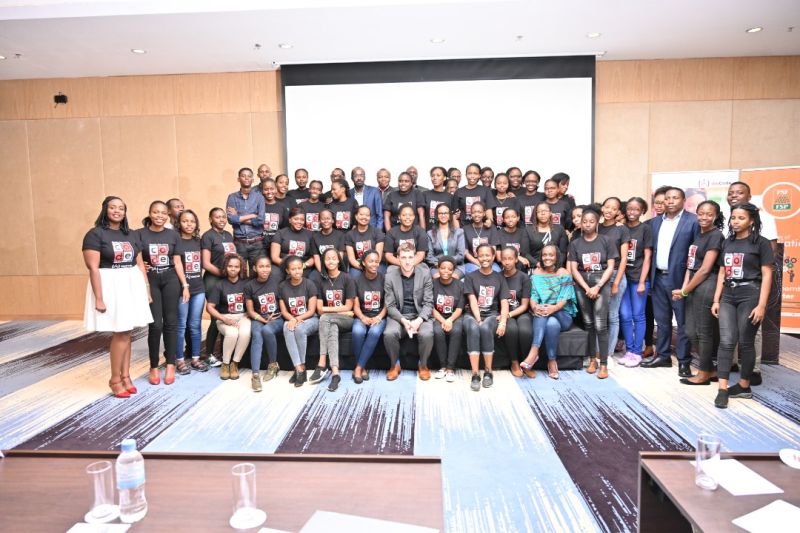
Whenever I have had an opportunity to interact with Rwandan
youth who live abroad, mainly Europe and the Americas, one thing I have always
noticed is that many are faced with a serious problem; identity crisis.
This is mainly attributed to the fact that many of them,
once in a blue moon, happen to travel back home and reconnect with their roots
and the rest of the time, they are hassling for a living in their respective
countries of residence. Even worse, only a handful of them have had the
chance to have parents who expose them to the Rwandan culture and its
ideals.
Therefore, transforming this identity crisis into an
identity clarity is all that needs to be done to tap into the great potential
in this important cluster of our population to further the country’s ambitions. Recently,
a group of young women and men from the Rwandan Community Abroad, mainly from
Europe and the United States organized a trip to Rwanda that aimed at helping
them to reconnect with their motherland.
It was an activity they dubbed “The Rwanda Tour”. During
their stay, they had the opportunity to visit a number of historical places
that marked the liberation struggle, different museums and Akagera National
Park. However, the most important part of their visit was their highly interactive
session with some of the country’s high ranking officials, including ministers
Dr Vincent Biruta of Foreign Affairs and Rosemary Mbabazi of Youth and Culture.
Also part of the discussions was General James Kabarebe, who
thanked them for their great initiative and invited them to make more visits,
and with more of their colleagues to develop the identity clarity to enable the
country to benefit more from them. Most importantly, it will be an
opportunity for many of these young Rwandans to play their role in the
country’s development, something many of them were eager to do.
For many of these youngsters, it was their very first time
to visit Rwanda. They all alluded to the fact that, the impetus to be part of
this maiden tour, was their desire to connect with their roots and to see how
they can make a contribution to the country’s development. To achieve
this, they all said; they had to start by addressing the identity crisis that
they have been facing for a long time. But why
exactly is identity crisis a common problem in the Rwandan youth living abroad?
One can hardly disassociate this problem from other
historical challenges that our country has faced over the years. In the first
place, majority of Rwandans who live abroad, found themselves in these
far-flung lands due to different circumstances that cannot be divorced from our
country’s history.
Some of those problems were self-induced while for many
others, historical injustices forced them out of their country against their
will and their only option for survival was to seek asylum in foreign
countries. Most
people first became refugees for many years in Rwanda’s neighboring countries
before being able to relocate to other countries in Europe and Americas and
other parts of this World.
This is the case for Rwandans who were forced to flee their
country as early as 1959 and some others who, after losing their entire family
members and their dearest ones in the genocide against the Tutsi, felt that the
best solution for them was to totally disassociate themselves with anything
that had to do with Rwanda and tried to forge a new life elsewhere.
The actual feeling about their country of origin, has for
many years been that of discontent and consequently, over the years, they have
tried to distance themselves from anything that had to do with Rwanda.
For some others, especially those that left the country
after taking part in the Genocide against the Tutsi, being able to get in a
foreign country was for them an exclusive opportunity to disguise themselves
from their original identity to foreign ones. Some of them
have even changed their names and their nationality of origin. Actually, some
of these youth are three generations down, which makes the whole scenario
complex.
In both scenarios, the main victims have been the children,
some of them three generations away from these challenges that led their
parents into exile and this has left them with no option but to adapt to these
alien cultural norms at the expense of their ancestral identity.
Consequently, and very encouragingly I would say, many of
these youths are now trying to re-establish themselves with their true origins
and to catch up with some of the historical truths. Some of these, I would say,
are doing so against the wishes of their parents. This drive
to reconnect with the Rwandan culture and its values and catching up with
Rwanda’s history is no doubt the best way to address the identity crisis that
blights the majority of the Rwandan youth abroad.
Looking at how enthusiastic and curious many of these
youngsters were during the tour, the one thing that clicked in my mind is, how
can Rwanda tap into the opportunities of technological advancement and come up
with an online platform that can make it possible for many of these youth to
virtually visit all the historical places of Rwanda such as museums and other
important places?
For there are many young Rwandans who despite them being
motivated and willing to be part of the same initiative are still held captive
by their parents’ attitude towards Rwanda, again due to the historical
realities explained above. The e-Itorero platform that was
launched a few months ago should be a permanent mobilization platform not just
an improvised platform that was created out of the difficulties associated with
Covid-19 restrictions.
Special mobilization programs targeting the youth living
abroad should be crafted and implemented by our missions abroad in a way that
promotes shared responsibility to mobilize these young Rwandans. Finally,
I think the Rwanda Tour program is an outstanding mobilization activity that
should attract full backing of different government bodies and all Rwandans and
should be organized on a regular basis.


